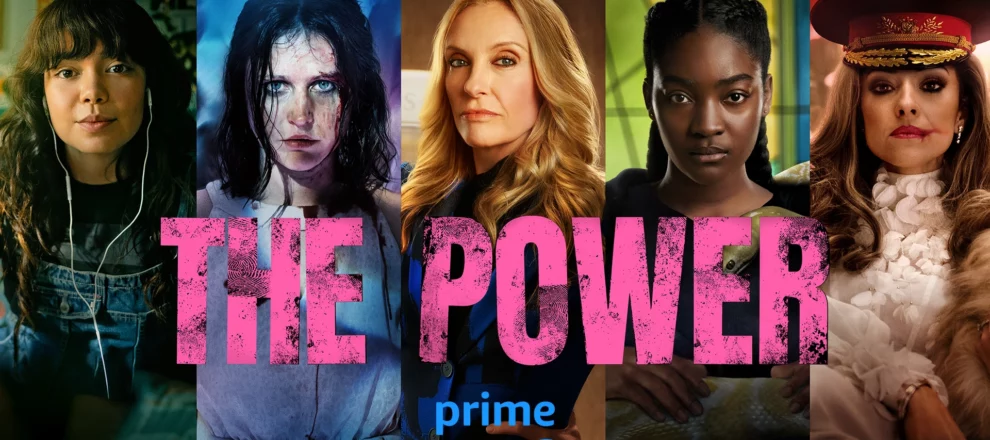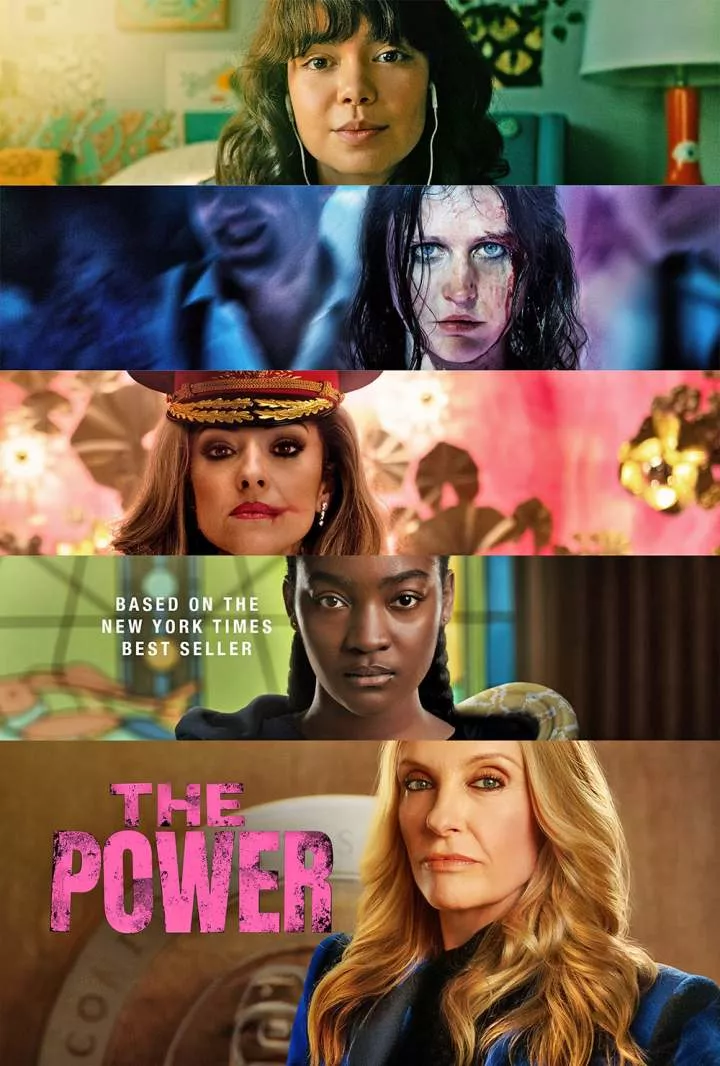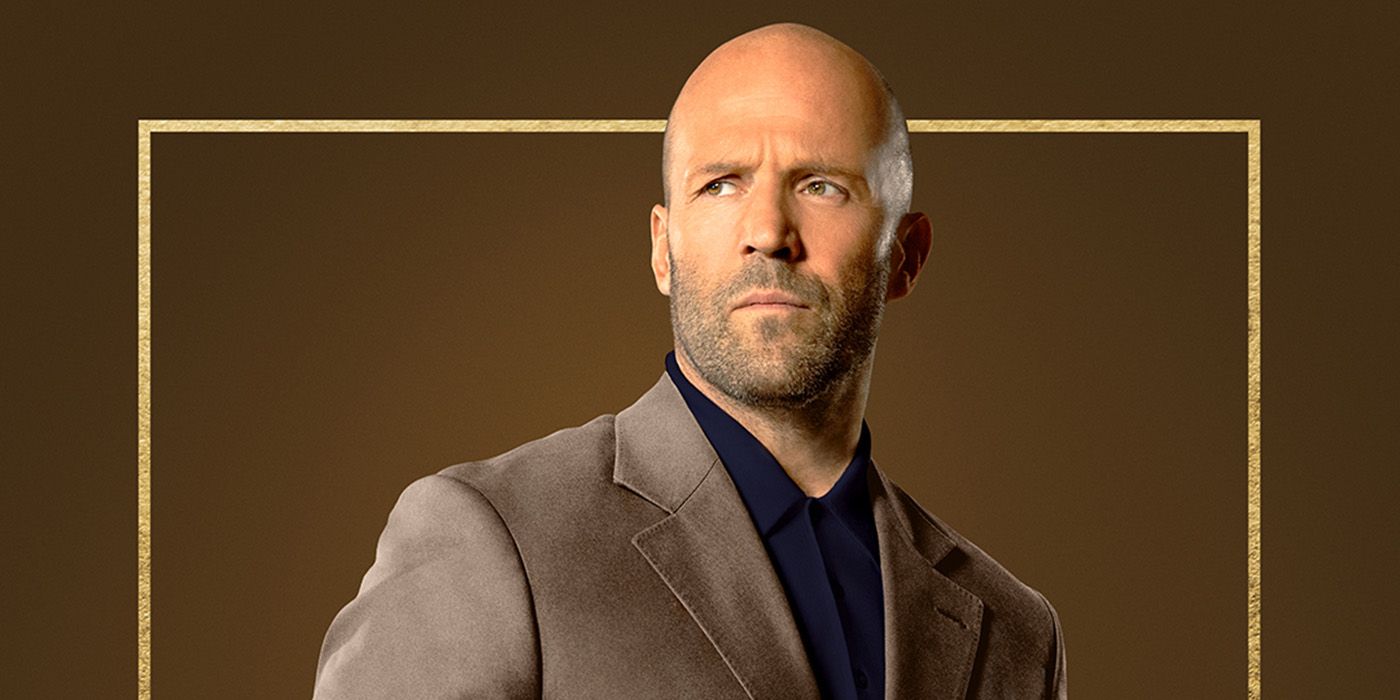Introduction:
In recent years, television has witnessed a surge in thought-provoking and empowering stories that challenge societal norms and champion diverse perspectives. Among these groundbreaking shows, “The Power” stands tall as a gripping and provocative series that explores themes of power, gender dynamics, and social revolution. Adapted from the critically acclaimed novel by Naomi Alderman, “The Power” electrifies the small screen with its unique premise and thought-provoking narrative. This article delves into the remarkable aspects of “The Power” and how it captivates viewers with its feminist undertones and thrilling storytelling.
Table of Contents
The Power TV Show
Unleashing the Concept:
“The Power” unveils a world where women suddenly discover an innate ability to generate electric shocks, leading to a drastic shift in the balance of power between the genders. This core premise challenges the conventional notions of power dynamics and prompts a deeper exploration of gender roles in society. As women gain a newfound physical advantage, the series raises intriguing questions about the nature of power, its corrupting influence, and the impact it has on both individuals and society.
Complex Characters and Their Journeys:
At the heart of “The Power” are its multifaceted characters, each embarking on a transformative journey. The show features a diverse ensemble cast, including Tunde (a Nigerian journalist capturing the world’s changing dynamics), Allie (a vulnerable girl turned religious figure), Roxy (a defiant daughter of a crime family), and Margot (a determined politician). Through their individual storylines, the series explores the complex relationships between power, morality, and personal identity, offering viewers a nuanced portrayal of strength and vulnerability.
Feminism in Focus:
“The Power” unabashedly embraces feminism as a central theme, illuminating the societal structures and biases that underpin gender inequality. By inverting the power dynamics, the show cleverly highlights the often-invisible oppression faced by women, while also delving into the moral complexities that emerge when the oppressed become the oppressors. This feminist lens fosters an important dialogue on power imbalances, systemic injustice, and the potential for radical change.
Provocative Social Commentary:
Beyond its thrilling narrative, “The Power” excels at delivering poignant social commentary. It serves as a mirror to our own world, prompting introspection and critical examination of real-world power structures. The series explores themes of sexual assault, political manipulation, religious extremism, and media exploitation, underscoring the parallels between the fictional world and our own. By holding a mirror up to society, “The Power” compels viewers to question their own beliefs and biases, igniting conversations about gender, privilege, and social justice.
Production Value and Performances:
“The Power” stands out not only for its compelling story but also for its high production value and exceptional performances. The visual effects and cinematography expertly depict the electric powers, amplifying the show’s intensity and creating an immersive viewing experience. The cast’s performances are captivating, with actors embodying their characters’ emotional depth and evolution. The stellar ensemble cast ensures that viewers become emotionally invested in their journeys, further enhancing the show’s impact.
Conclusion:
“The Power” electrifies television screens with its feminist exploration of power dynamics, thought-provoking narrative, and exceptional performances. By turning the tables on gender roles, the show offers viewers a captivating and unsettling journey into a world where power dynamics are flipped upside down. With its complex characters, social commentary, and compelling storytelling, “The Power” serves as a rallying cry for equality and a catalyst for conversations surrounding gender, power, and societal change. It not only entertains but also challenges viewers to question the status quo and imagine a world where power is wielded more responsibly.






